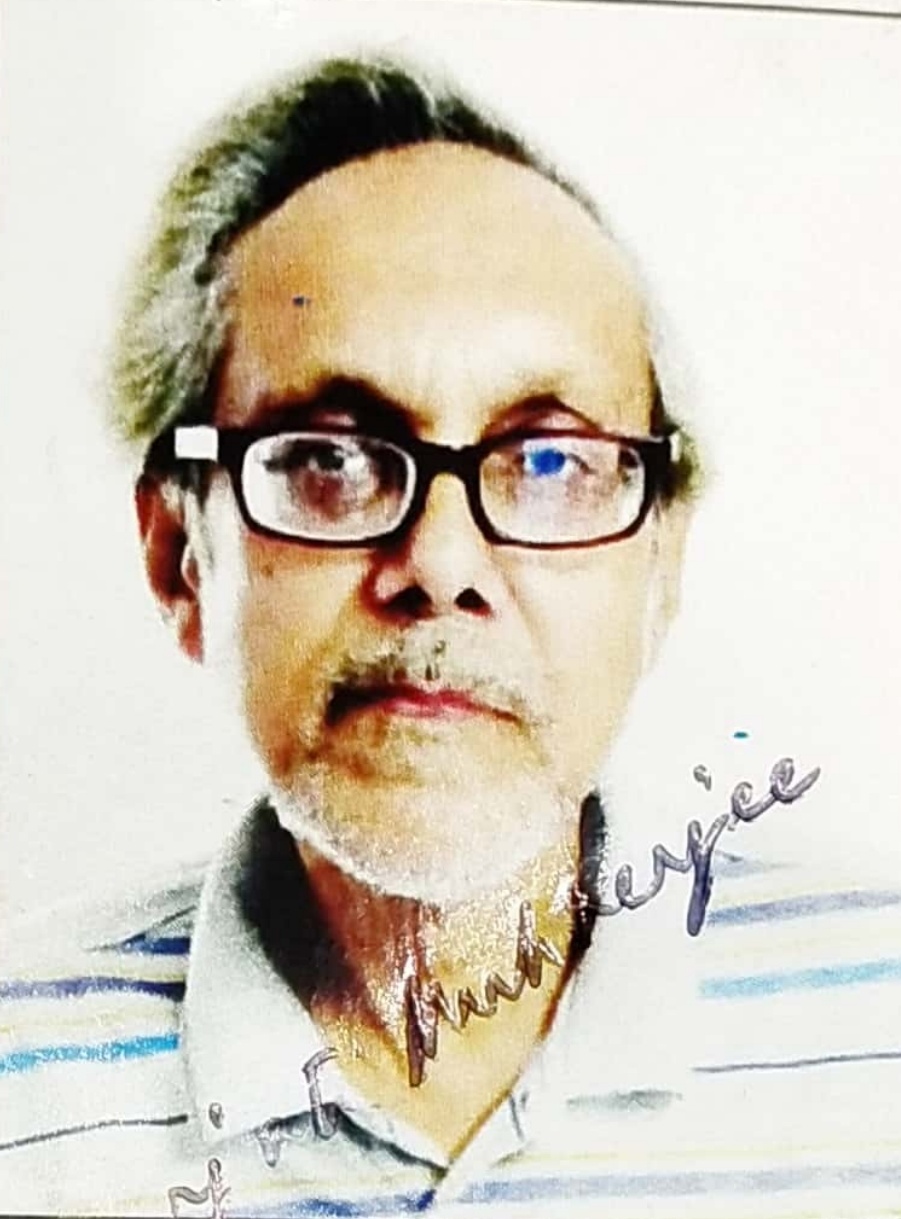The concept first emerged in Europe
 Dhurjati Mukherjee I INFA Service
Dhurjati Mukherjee I INFA Service

Political scientists and historians are today engaged in debating what true nationalism is with politicians talking in terms of a new understanding of nationalism. There is confusion in interpreting nationalism as groups of political analysts and politicians are sharply divided on the issue. It is well-known that nationalism is the concept of loyalty towards a nation and is also characterized by love for one’s nation.
Since the days of independence, Indians as nationals, have by and large, carried the legacy of our nationalism. However, India’s diversity has led to the approach of nationalism, i.e.following the culture of nationalism in different ways. We are, no doubt, a single nation but what is unique is the wide diversity in our lifestyles, food habits, culture, religion and ways of carrying out activities in society. The government’s stand of ‘one nation’ meaning one everything is not quite correct.
India, the world’s most populous county and most populous democracy, is the homeland for a multi-cultural and multi-religious group of people. Despite the diversity, there is unity among people. This comes from the sense of nationalism. It’s the feeling of love and pride for the nation that binds the people together. But recent developments in Manipur and Nuh in Haryana add to the growing feeling that communal hatred and projection of any single religion in an aggressive manner can’t help the cause of unity or even socio-economic development.
In the film, Chak de India (2007), the coach, who is determined to assemble a winning women’s hockey team, asks the players where they were from. When they mention their home state (Andhra Pradesh, Punjab etc.), he disagrees and makes them say instead they were from India. “Why would the players identify as Indians to a coach who knew it already?” The answer is simple because the coach wanted to engraft the feeling of nationalism among the teammates to bind them together. The identity of the nation-state matters above all else.
In a general sense, nationalism means oneness, feeling the goodness of the nation and its people, unity in diversity and respect, love and pride towards the nation by its citizens. To understand nationalism, a profound feeling for one’s nation, the meaning of what constitutes a nation must be known. The concept first emerged in Europe. During the 17th century, a model known as ‘The Nation State Model’ was developed in Western Europe. It suggests that it is natural for a group of people who share a common territory and culture (language, religion) to have their own state. Thus, the feeling of nationalism led to the formation of nations.
The term ‘nationalism’ has been understood and defined in many ways. It has been described as “A state of mind in which the supreme loyalty of the individual is due to the nation-state”. It connotes the identification of the state or nation with people. Here, the characteristics of the people are – homogenous culture, living together in a close association or territory, sharing belief of common destiny and mentality, tradition, history, etc.
Nationalism has an inverse relationship with crime. The crime rate is comparatively lower in countries with strong nationalism, as it puts the feeling of love towards fellow countrymen. Therefore, many people avoid committing a crime against their own countrymen. Similarly, corruption is also low in such countries. Individuals in whose heart is nationalism, avoid corruption as they feel guilty to harm their country.
Understanding of the true meaning of nationalism is very important. The sense of nationalism cannot be identified in the name of religion, caste or community of people, it’s beyond all these. Similarly, the European model of the nation-state is an old concept. India is a diverse country, where each state has its own culture, religion, tradition, history, language, etc. The nation-state model talks about the cultural boundaries of the state that must be like the cultural boundary of the nation. This is a very narrow concept.
In the present scenario, the power-crazed religion of Hindutva in India has become so influential as to largely extrude the ideals of Tagore-Gandhi era. Fritz Stern in his book, ‘Einstein’s German World’ (first published in 1999) remarked that Einstein has “contempt for nationalist narrowness in any form”. He believed the continuing persecution of Jews in Europe made their own search for a homeland justifiable. He supported the migration of Jews to Palestine in the belief and hope that “there should be a tiny speck on the earth in which the members of the tribe should not be aliens”. Einstein’s anti-chauvinist and anti-narcissist philosophy was well expressed in his funeral by fellow physicist Rudolf Ladenburg in Princeton in 1954: “Brief is this existence as a fleeting visit in a strange house. The path to be pursued is poorly lit by a flickering consciousness, the centre of which is the limiting and separating”.
The hate and violence depicted by Stern through the words of Einstein is greatly relevant to conditions existing in India today. While one section of historians argue the present dispensation has been rightly trying to instil a sense of nationalism among Indian citizens which wasn’t there earlier, the liberal view is opposed to this as they view things in what could be called unity amidst the diversity of faiths, cultures and different ways of life and living.
If we observe recent debates on nationalism, it can be affirmed that the term is being redefined for achieving political goals. The present dispensation is exploiting the concept of nationalism for acquiring votes in elections. There are lots of misconceptions and propaganda about nationalism but unfortunately, the levels of education and awareness being very poor in the country, the masses are going for majoritarianism which they confuse with nationalism. Generally, the idea of nationalism becomes negative with irrational blaming and the spread of hatred among people. Nationalism is not a particular idea or thought that can be identified in the name of religion, caste or community of the people, it’s beyond all these.
Significantly, people cannot be identified as anti-nationalist just because they have different political views or an ideology that majority people don’t follow in the nation at a particular point in time. If a person is critical of the government’s style of functioning, this should be welcome as dissent is a part of pluralist democracy where the majoritarian views and beliefs need not be adhered to always. In fact, criticism is in a sense indicative of the concern one has towards the State.
At a recently concluded conference at Panjab University, Chandigarh, the Dean of Faculty of Arts used the term ‘unitarian nationalism’, obviously meaning unity in the nationalist spirit. It is thus essential to understand nationalism from a spirit of unity, i.e.ensuring all communities – not just religious – be brought together through a common bonding. And linked to this line of nationalism, there is a need to ensure balanced development of all groups, castes and communities.
Thus, there is a genuine need to focus on true nationalism, both from the socio-political and socio-economic dimensions. The citizens, who come from different segments of society following different cultures and ways of life, must be integrated in a spirit of togetherness and fellow feeling, as propounded by Mahatma Gandhi. Imposing anything on any community or caste does not necessarily project nationalism in the true spirit. It is not that our political leaders are unaware of what they are doing, but sadly electoral considerations of grabbing the Hindu vote makes them give a new twist to nationalism.—INFA
Advertisement | InfoCom Solutions

e-mail: infocom.krc@gmail.com
Know More | Apply Here


